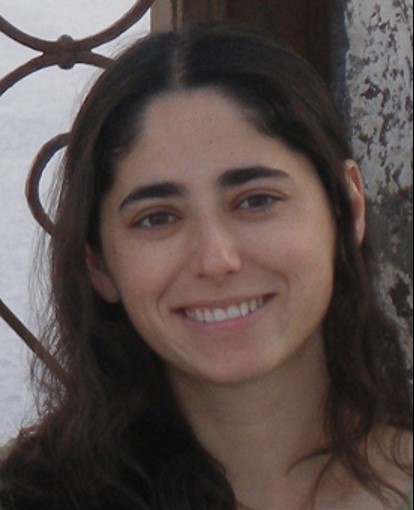At a virtual event last Friday, Nicole Hassoun, a professor of philosophy, discussed her newly published book, “A Minimally Good Life: What We Owe to Others and What We Can Justifiably Demand.”
Released in 2024, the book, her third, centers around human empathy and its importance to societal decision-making. As the work considers what people owe to each other, it not only focuses on the present but analyzes how individuals can help the next generation achieve better lives.
It addresses greater issues of social responsibility, like steps that can be taken amid tragedy when it is not possible to help everybody impacted.
“I started this book a long time ago, when I got a Templeton Foundation Hope & Optimism and Happiness & Wellbeing fellowships to spend a year doing research at Cornell and then to spend some time writing at Binghamton,” Hassoun wrote to Pipe Dream. “It took me a long time to finish the book and I am really thankful for support from Binghamton University and the Helsinki Institute for Advanced Studies (as well as the Templeton Foundation) in giving me the time I needed to finish it.”
At Friday’s launch, organized by the Human Rights Institute and the Philosophy Department, four panelists shared their views on the book: George Sher, a professor of philosophy at Rice University; Carol Gould, a distinguished professor in the philosophy department at Hunter College; Johann Go, a lecturer and chancellor’s fellow in ethics and political philosophy at Glasgow’s University of Strathclyde; and Liam Murphy, a faculty member at the New York University School of Law’s philosophy department.
Once they finished speaking with Hassoun, those in attendance could also pose questions.
In the book’s introduction, Hassoun provides an overview of the book’s six chapters, the first of which asks readers to consider whether they would be content living the lives of the “least fortunate.” Throughout the book, she continues this discussion, and notably, in chapter five, she explores how individuals can help one another live minimally good lives “when doing so does not require sacrificing our own ability to live well enough.”
In its final chapter, she defends a virtue she calls “creative resolve,” which she says is a vital commitment to helping people get through times of tragedy and utilizes creative means to do so. She invoked a historical example: women’s crucial role in ending the civil war in Liberia and their refusal to allow men to leave negotiations before a solution was decided upon.
Hassoun spent time last year at the Helsinki Collegium for Advanced Studies in Finland, which also hosted a book launch. In June, she told BingUNews that her experiences in Europe shaped the way she thought about the meaning of a good life. She added that her project’s message is that a life well lived cannot be reached through individual effort alone.
To demonstrate this, she utilizes a thought experiment from American philosopher John Rawls, called the “veil of ignorance,” when teaching students in her classes. Each of her students is assigned a hypothetical identity, varying widely across socioeconomic and cultural backgrounds, like a rich person in New Zealand or somebody in Gabon living in poverty.
They are asked to decide what kind of society they would create if they were unaware of who they would be born as. According to BingUNews, the activity empowered students to consider the importance of social safety nets and caring for others within society.
“I think I wrote the book for my children because I hope they will live in a better world but the book is dedicated to my parents for making sure my brother and I always had enough and teaching us the importance of helping other people too,” Hassoun wrote.



